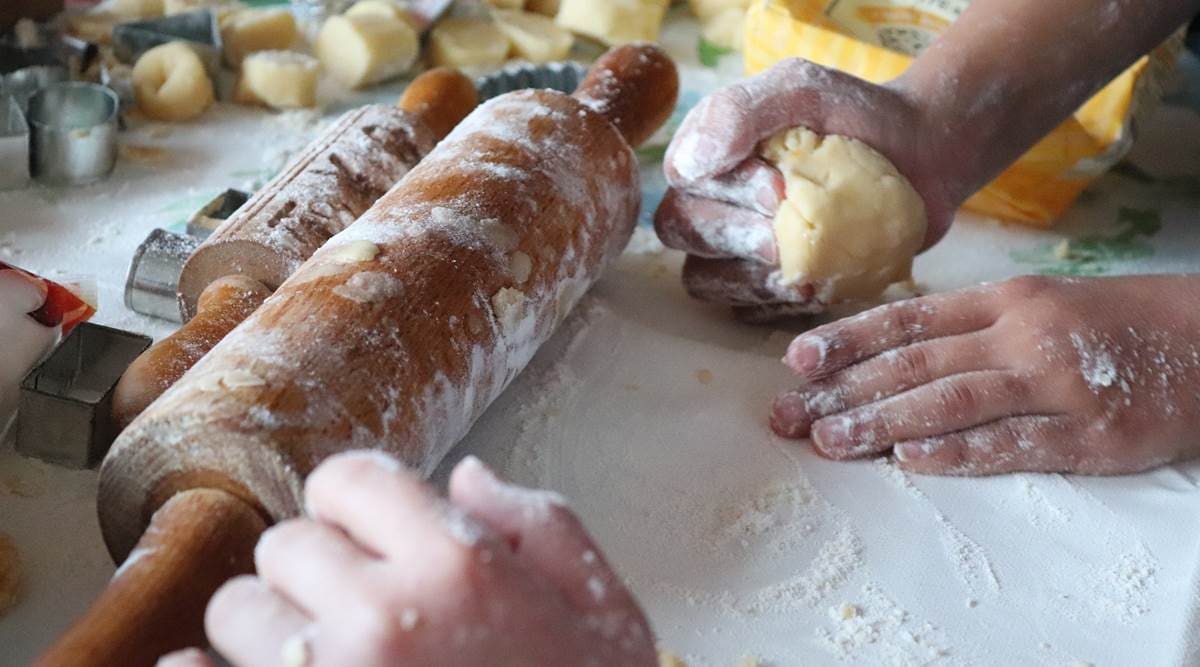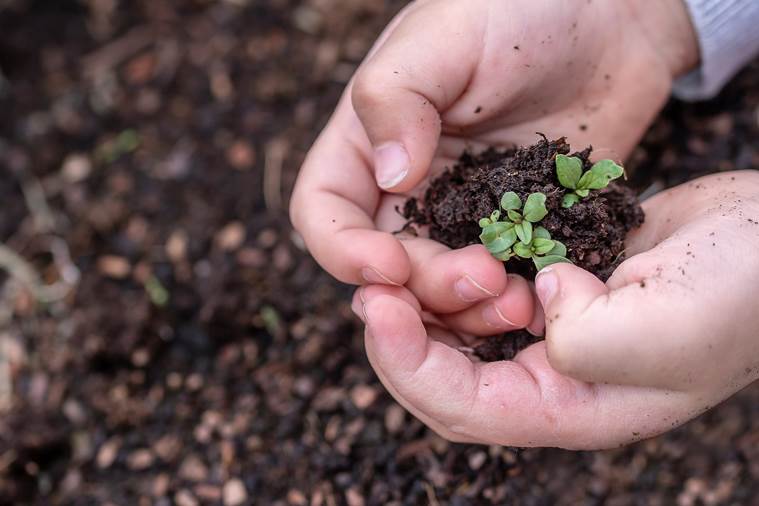Over the last few months, as the lines between offline and online learning has blurred, the definition of summer holidays has also changed.

It is said the school is an extension of the home, in that it allows for a child’s personality to grow, as they are surrounded by friends and teachers, attending classes and grasping new skills. But the pandemic has impacted lives so drastically, it has practically dissolved the idea of offline learning; at least the second wave of Covid infection has once again brought life to a standstill.
In such times, the onus falls not only on parents, but also on schools to quickly adopt a different strategy and keep kids engaged at home, for education cannot stop. At the same time, it also has to be ensured kids are doing well mentally, for the current times have become a source of stress for both adults and children.
Express Parenting reached out to some schools to find out how they are planning to make the summer months interesting for children.
Ritika Amit Kumar, the CEO and co-founder of Curious Kids Media Tech, an end-to-end STEM learning ecosystem, said in the pandemic, it has become all the more important to engage children productively, for they are “emotionally and physically dealing with a lot”. “Many schools have stepped up, despite the troubles they are going through, and have come up with happiness and mindfulness programs. Some have integrated STEM education as well. STEM, to my mind, includes not just science, technology, engineering, and math. It also includes art, reading, expressing, and mental health. By virtue of that, it should be STREAMM,” she offered.
Kumar mentioned some of the programs they are running in schools include rocketry and aero-modelling, conducted by a team backed by ISRO’s ex-chief Madhvanan Nair. “Besides that, there is entrepreneurship, lab-at-home. We also run programs on becoming a published author, on puppetry, mindfulness, and the history of folk communication. In fact, everything is supplemented with mindfulness.”
In Mumbai’s Aditya Birla World Academy, they are encouraging reading. Harshada Keer, activities and events coordinator, senior school, told us that they will be creating a “summer reading list for all grades right from LKG to Grade 12”. “The second language forms an integral part of the curriculum at middle and high school. Children are encouraged to read short, age-appropriate stories in the language of their choice. Moreover, raising environmental consciousness is the need of the hour. As a part of the green initiatives, children are also encouraged to undertake easy recycling and composting activities at home.”

Allan Andersen, the director of Bengaluru’s Chaman Bhartiya School shared that they “did not want to organise a summer camp”, as throughout the academic year, “children have been engaged in school online”. This year, the school has planned a “variety of offline activities”, which will not only ensure their “holistic development”, but also ensure they are “mentally and physically occupied”.
“Holiday homework for children includes a variety of offline activities: daily journal writing to enhance their writing skills; reading from six books according to their reading level; math-based tasks from maintaining a number book to answering questions such as, ‘How many people have been affected by COVID globally’; cooking from the recipes shared with them under the guidance of their parents; physical activities such as yoga, aerobics and dance; artwork; language, celebrating the French National Day on July 14th,” he said.
In the Kunskapsskolan School, based on Swedish ideology, there is a pre-planned daily session for students across grades, wherein a single link shared can give access to all academic and co-curricular online sessions. Every week, students get the opportunity to attend said sessions on music, dance, physical health, life skills, library etc., apart from other subject-based learning sessions.
While the schools’ primary objective is to make learning easy and comfortable for pupils, it cannot happen without the participation of parents which, Manju Navani, teaching faculty senior school at The Aditya Birla Integrated School (TABIS) said, has been encouraging. “Parents have been a pillar of support. We have worked together to identify and take in their suggestions for various activities. They have made some valid recommendations that we believe have added to the development of children. On its part, TABIS has included activities like reading club assignments, practice worksheets and more, to keep kids engaged through the summer.
Focus on mental health
Over the last few months, as the lines between offline and online learning has blurred, the definition of summer holiday has also changed. Andersen remarked that earlier, summertime “was a time to relax, and was filled with fun and frolic. Now the situation has totally changed and children are confined to their homes”.
Schools have had to incorporate ingenuity in their teaching mechanisms, while also trying to prioritise and promote mental health. Navani said at TABIS, they have “a team of therapists working on children’s goals”.
Keer added that, as a part of Aditya Birla Education Trust, the integrated mental health curriculum called ‘Minds Matter’ is being followed. “We understand every child, parent and teacher reacts differently to a particular situation. School has conducted several parent workshops, children’s workshops and even addressed the emotional well-being of the staff. It is the small things that matter,” she said.
At Kunskapsskolan, too, school counsellors have been conducting weekly well-being sessions for all the students, giving them an opportunity to interact and express their feelings without any prejudice.
Source: Read Full Article






